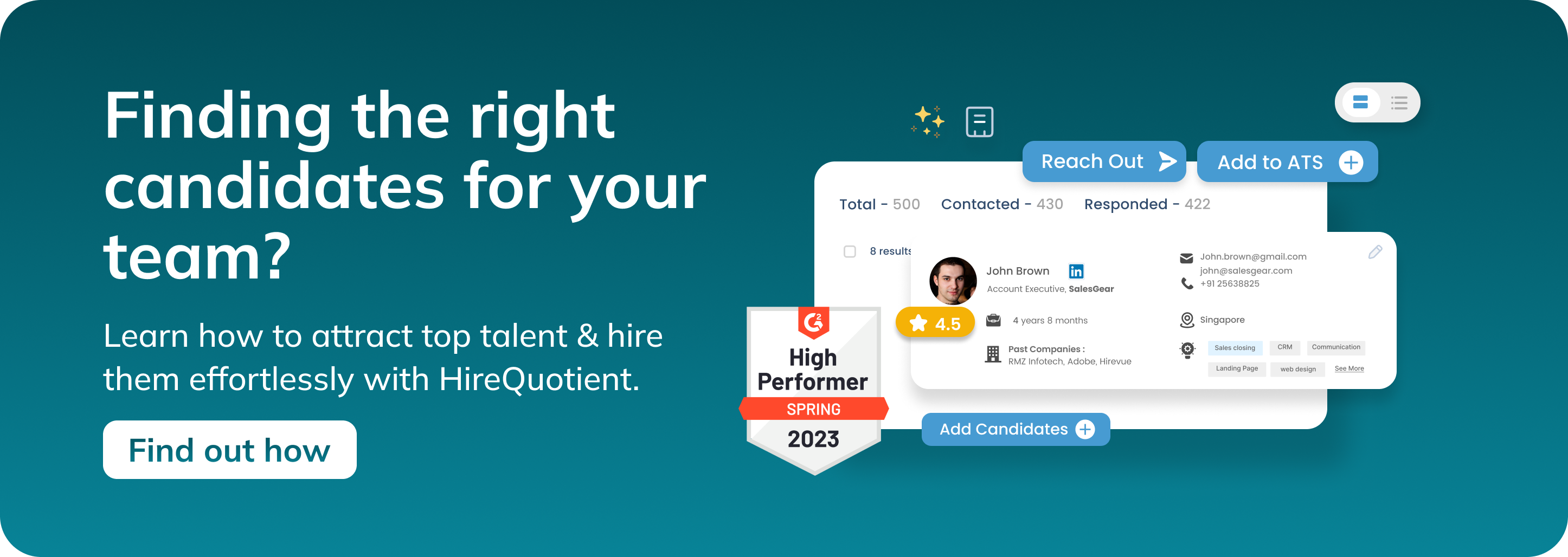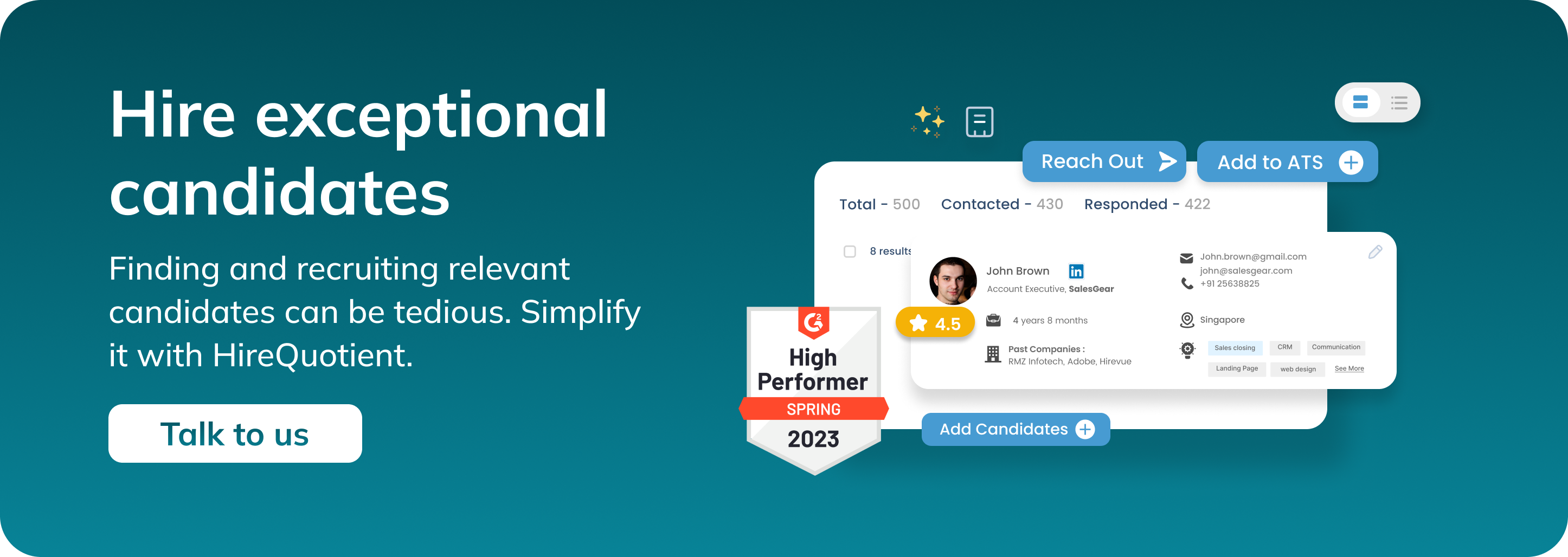How Can Human Resources Navigate Compliance Challenges in 2024?
Published on April 9th, 2024
In 2024, navigating HR compliance challenges is paramount for human resources (HR) professionals, serving as a crucial pillar of organizational success. Compliance entails adherence to a diverse array of federal, state, and local employment laws, regulations, and standards.
It encompasses labor laws, workplace safety regulations, anti-discrimination statutes, and data privacy requirements, among others. Despite its less-than-thrilling reputation, HR compliance is indispensable for safeguarding businesses and ensuring employee well-being.
The significance of HR compliance in 2024 cannot be overstated, primarily due to the escalating regulatory environment. With a surge in data privacy regulations and evolving employment laws, organizations face a complex landscape of compliance requirements.
Non-compliance carries severe consequences, including hefty fines and reputational damage. Public expectations regarding ethical conduct and social responsibility further amplify the importance of compliance.
Moreover, the globalized economy adds layers of complexity to HR compliance. As businesses expand internationally, they must navigate diverse regulatory frameworks and cultural norms. HR professionals, equipped with expertise in employment law and risk management, play a pivotal role in guiding organizations through these challenges. By prioritizing compliance, businesses can mitigate risks, uphold ethical standards, and foster trust and transparency in the workplace.
HR compliance remains indispensable in 2024, demanding strategic attention from business leaders and HR professionals. By prioritizing compliance, organizations can navigate regulatory complexities, mitigate risks, and foster a culture of integrity and accountability, ensuring sustainable growth and long-term success.
Why is HR compliance important in 2024?
Here are some of the main reasons your company should prioritize HR compliance:
1. Escalating Regulatory Environment: In 2024, the regulatory landscape is continuously evolving, with new employment laws and regulations being introduced at the federal, state, and local levels. Compliance with these regulations is essential to ensure that businesses operate within the bounds of the law and avoid legal consequences.
HR departments must stay informed about changes in regulations relevant to areas such as labor, employment discrimination, wage and hour laws, and workplace safety to maintain compliance.
2. Increased Enforcement Efforts: Regulatory agencies are stepping up their efforts to enforce compliance with employment laws and regulations. Its heightened enforcement includes conducting audits, investigations, and inspections to ensure that businesses are adhering to legal requirements. Non-compliance can result in significant fines, penalties, and legal actions against the organization, making it crucial for HR professionals to proactively address compliance issues.
3. Reputational Risks: Non-compliance can damage a company's reputation and undermine trust with stakeholders, including employees, customers, investors, and the general public. Negative publicity surrounding compliance violations can tarnish the organization's image, leading to loss of business, diminished brand reputation, and difficulty attracting and retaining top talent. Prioritizing HR compliance helps protect the organization's reputation and maintain trust with stakeholders.
4. Ethical Expectations: In today's socially conscious environment, stakeholders expect organizations to uphold high ethical standards in their business practices. Compliance with employment laws and regulations is not only a legal requirement but also an ethical imperative.
Demonstrating a commitment to compliance with legal requirements and ethical norms enhances the organization's credibility, integrity, and trustworthiness in the eyes of stakeholders.
5. Global Expansion Challenges: As businesses expand their operations internationally, they encounter diverse regulatory frameworks and cultural norms in different countries. Navigating these complexities requires a thorough understanding of international employment laws, labor regulations, and cultural practices.
HR professionals must ensure that the organization complies with laws governing areas such as employment contracts, working hours, employee benefits, and workplace health and safety in each jurisdiction where it operates.
6. Employee Well-being: Compliance with workplace regulations is essential for protecting the rights and well-being of employees. Employment laws and regulations establish minimum standards for fair treatment, non-discrimination, and workplace safety, ensuring that employees are treated with dignity and respect. Prioritizing HR compliance demonstrates a commitment to creating a safe, supportive, and inclusive work environment where employees can thrive and contribute to the organization's success.
7. Strategic Imperative: Beyond legal obligations, HR compliance is a strategic imperative for organizations seeking sustainable growth and long-term success. Compliance with employment laws and regulations helps mitigate risks, minimize legal liabilities, and avoid costly penalties.
Moreover, prioritizing compliance fosters a culture of integrity, transparency, and accountability within the organization, enhancing its reputation and competitive advantage in the marketplace. By aligning HR compliance efforts with strategic goals and organizational values, businesses can achieve their objectives while maintaining ethical standards and regulatory compliance.
Thus, HR compliance is crucial in 2024 to navigate regulatory complexities, mitigate risks, and uphold ethical standards. Prioritizing compliance not only protects organizations from legal and reputational risks but also demonstrates a commitment to employee welfare and organizational values.
How to ensure compliance?
To ensure HR compliance, start by staying informed. Our federal, state, and local labor laws change frequently, so it’s a good idea to subscribe to HR and employment law newsletters, set search alerts, or join an organization to help keep you updated. Regularly review these updates, and don’t hesitate to seek legal counsel when necessary.
Within your company, establish and communicate clear HR policies covering areas like discrimination, harassment, and wage and hour regulations. Make an effort to prioritize ongoing employee training. You should also maintain meticulous records related to compensation, working hours, and safety measures.
Finally, conduct regular self-audits to identify and address potential compliance issues proactively. When you spot problems and fix them right away, you’re less likely to incur fines or other legal penalties.
HR compliance checklist for 2024
Integrating HR compliance considerations into candidate sourcing practices is crucial for organizations aiming to attract top talent while mitigating legal and reputational risks.
By aligning compliance efforts with candidate sourcing strategies, HR professionals can ensure a seamless recruitment process that prioritizes both legal adherence and candidate experience.
Here's how each aspect of HR compliance discussed in the blog relates to candidate sourcing:
1. Mandatory Employee Benefits: When sourcing candidates, HR professionals must communicate the organization's comprehensive benefits package, including legally mandated benefits such as unemployment insurance and workers' compensation.
Highlighting these benefits in job postings and during candidate interactions ensures transparency and helps attract candidates who value comprehensive compensation packages.
2. Employee Data Security: Candidate sourcing involves collecting and storing personal data, emphasizing the need for robust data security measures. HR teams must prioritize data protection throughout the recruitment process, safeguarding candidate information from potential breaches or misuse. Communicating the organization's commitment to data security builds trust with candidates and demonstrates professionalism.
3. Updated Employee Handbook: The employee handbook serves as a valuable resource for candidates, providing insight into the organization's policies and expectations. Ensuring the handbook is regularly updated communicates transparency and clarity to candidates, setting clear expectations from the outset of the recruitment process. HR professionals can refer candidates to relevant handbook sections during interviews to address questions about company policies.
4. Diversity, Equity, and Inclusion (DE&I) Policies: DE&I initiatives influence candidate sourcing strategies, as organizations seek to attract diverse talent pools. Global HR professionals can highlight the organization's inclusive policies and practices in job postings and recruitment communications, signaling a commitment to diversity and equity. Emphasizing DE&I values during candidate interactions helps attract candidates who align with the company's culture and values.
5. Performance Feedback and Retention: Providing constructive feedback during the recruitment process enhances candidate experience and fosters retention. HR professionals can offer feedback to candidates at various stages of the recruitment process, reinforcing the organization's commitment to professional development and growth. Positive interactions with candidates increase the likelihood of engagement and retention, contributing to long-term organizational success.
6. Right to Work Verification: Verifying candidates' right to work is a legal requirement in many jurisdictions, ensuring compliance with immigration laws. HR professionals can integrate right-to-work verification into the candidate screening process, confirming candidates' eligibility to work in the desired location. By adhering to legal requirements, organizations mitigate risks associated with hiring unauthorized workers and maintain compliance with employment laws.
In summary, integrating HR compliance considerations into candidate sourcing practices enhances the recruitment process, ensuring legal adherence and promoting a positive candidate experience. By aligning compliance efforts with candidate sourcing strategies, organizations attract top talent while mitigating legal and reputational risks associated with non-compliance.
Authors

Soujanya Varada
As a technical content writer and social media strategist, Soujanya develops and manages strategies at HireQuotient. With strong technical background and years of experience in content management, she looks for opportunities to flourish in the digital space. Soujanya is also a dance fanatic and believes in spreading light!
Hire the best without stress
Ask us how
Never Miss The Updates
We cover all recruitment, talent analytics, L&D, DEI, pre-employment, candidate screening, and hiring tools. Join our force & subscribe now!
Stay On Top Of Everything In HR




